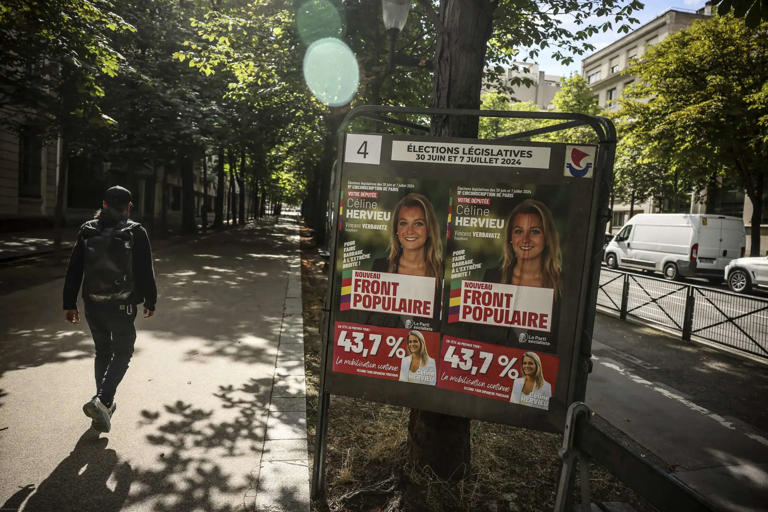
7 July 2024 :-France’s business elite are expressing deep anxiety over the nation’s volatile political climate, inexperienced policymakers, and potential street protests and bankruptcies in the coming months. These concerns were voiced by executives in Aix-en-Provence ahead of Sunday’s parliamentary election.
Corporate leaders have benefited from President Emmanuel Macron’s pro-business reforms since his election in 2017. However, there is growing apprehension as far-right and left-wing parties aim to reverse some of these reforms, including raising the retirement age and abolishing a wealth tax on financial assets.
Polls suggest that Macron’s party may face a decisive defeat, potentially giving the far-right the most seats in parliament. This possibility is causing concern among business leaders about the end of the reform cycle that began a decade ago. They fear that the rise of the far-right National Rally (RN) or the far-left could lead to political instability and social unrest.
If the RN secures a majority, Jordan Bardella, 28, could become France’s youngest prime minister. However, the prospect of a coalition government is seen as unlikely and potentially unstable. This political uncertainty has increased France’s borrowing costs, as investors demand higher risk premiums.
Corporate leaders are worried that politicians who may come to power lack the experience to manage the euro zone’s second-largest economy. They also fear that France’s considerable tax burden could grow under a left-wing alliance. The political instability is expected to increase financing costs for companies, particularly as they transition from ultra-low-cost COVID-era loans to higher rates.
Macron’s pro-business reforms have often met with public resistance, resulting in violent protests such as the yellow vest movement and marches against pension reforms. Although he won a second term in 2022, Macron has struggled to connect with many voters, who perceive him as part of the elite.
The RN has proposed reversing Macron’s retirement age increase and cutting taxes on energy, while the left-wing alliance plans to reinstate a wealth tax and raise the minimum wage by 14%. A minority government would face challenges in passing new legislation, constrained by potential votes of no confidence.
Business leaders are also concerned about the impact of RN’s anti-immigrant policies on France’s workforce. They emphasize the need to attract talent, noting that immigration has been a vital component of France’s demographic sustainability for 300 years.


















No Comments: